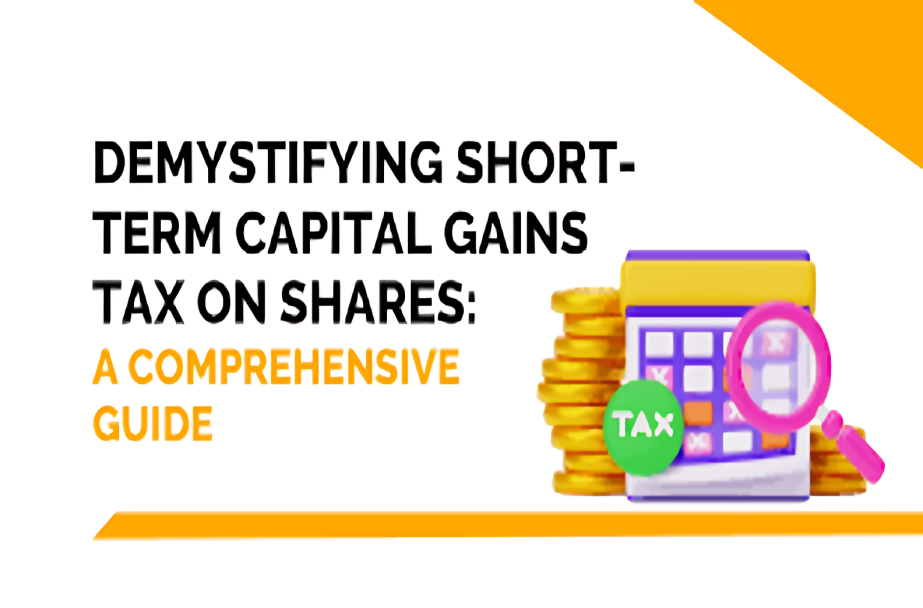Introduction:
Capital gains tax (CGT) is a crucial aspect of the taxation system in many countries worldwide. It is a levy imposed on the profit gained from selling certain assets. Whether you’re an investor, property owner, or involved in asset transactions, comprehending how capital gains tax operates is vital. This article provides a detailed overview of capital gains tax, covering its definition, calculation, rates, exemptions, and implications.
What is Capital Gains Tax?
The capital gains tax, often referred to as CGT, is a levy applied to the actualized earnings resulting from the sale or disposal of assets. A diverse array of assets falls under the purview of capital gains tax, spanning stocks, bonds, real estate properties, valuable personal possessions, and a variety of other investments. This tax comes into play when there is a capital gain, signifying the difference between the selling price and the initial purchase price of the asset. Explore your financial options with a budget plan free from unnecessary constraints.
Calculation of Capital Gains Tax:
Capital gains tax is a simple process. It involves subtracting an asset’s purchase price or cost basis from the selling price or proceeds obtained from its sale. The resulting difference is then taxed according to specific tax laws and regulations.
Short-Term vs. Long-Term Capital Gains:
It is essential to consider the duration for which an asset was held while calculating the capital gains tax. Short-term capital gains arise from assets held for a year or less, while long-term capital gains arise from assets held for more than a year. Typically, short-term capital gains are taxed at ordinary income tax rates, whereas long-term capital gains enjoy preferential tax rates, which are usually lower than ordinary income tax rates.
Special Tax Treatment and Exemptions:
Certain assets may qualify for special tax treatment, offering tax incentives or exemptions to encourage investment in specific sectors. For instance, qualified small business stock and certain real estate investments may enjoy favorable tax treatment. Additionally, there are exemptions and exclusions available to taxpayers that can reduce or eliminate their capital gains tax liability. Under specific conditions, homeowners might qualify for a capital gains tax exclusion when selling their primary residence.
Federal and State Capital Gains Tax:
In addition to federal capital gains tax, many states also impose their own capital gains tax at varying rates. It’s essential for taxpayers to be aware of both federal and state capital gains tax obligations when engaging in asset sales or transfers. Different states may have different tax rates and rules governing capital gains tax, necessitating careful consideration and planning.
Impact on Investment and Financial Planning:
Capital gains tax considerations can significantly influence investment decisions and financial planning strategies. Investors may choose to hold assets for a longer duration to qualify for lower long-term capital gains tax rates or sell assets at strategic times to minimize tax liabilities. Engaging with financial advisors and tax professionals can offer invaluable support in navigating the intricate landscape of capital gains tax and devising tax-efficient investment strategies.
Conclusion:
In summary, a capital gains tax is a tax on the profit realized from selling certain assets. Understanding its mechanics, including calculation methods, rates, exemptions, and implications, is crucial for individuals and investors seeking to manage their tax liabilities and make informed financial decisions. With proper knowledge and planning, taxpayers can optimize their tax-efficient investment strategies and minimize their capital gains tax burden.

